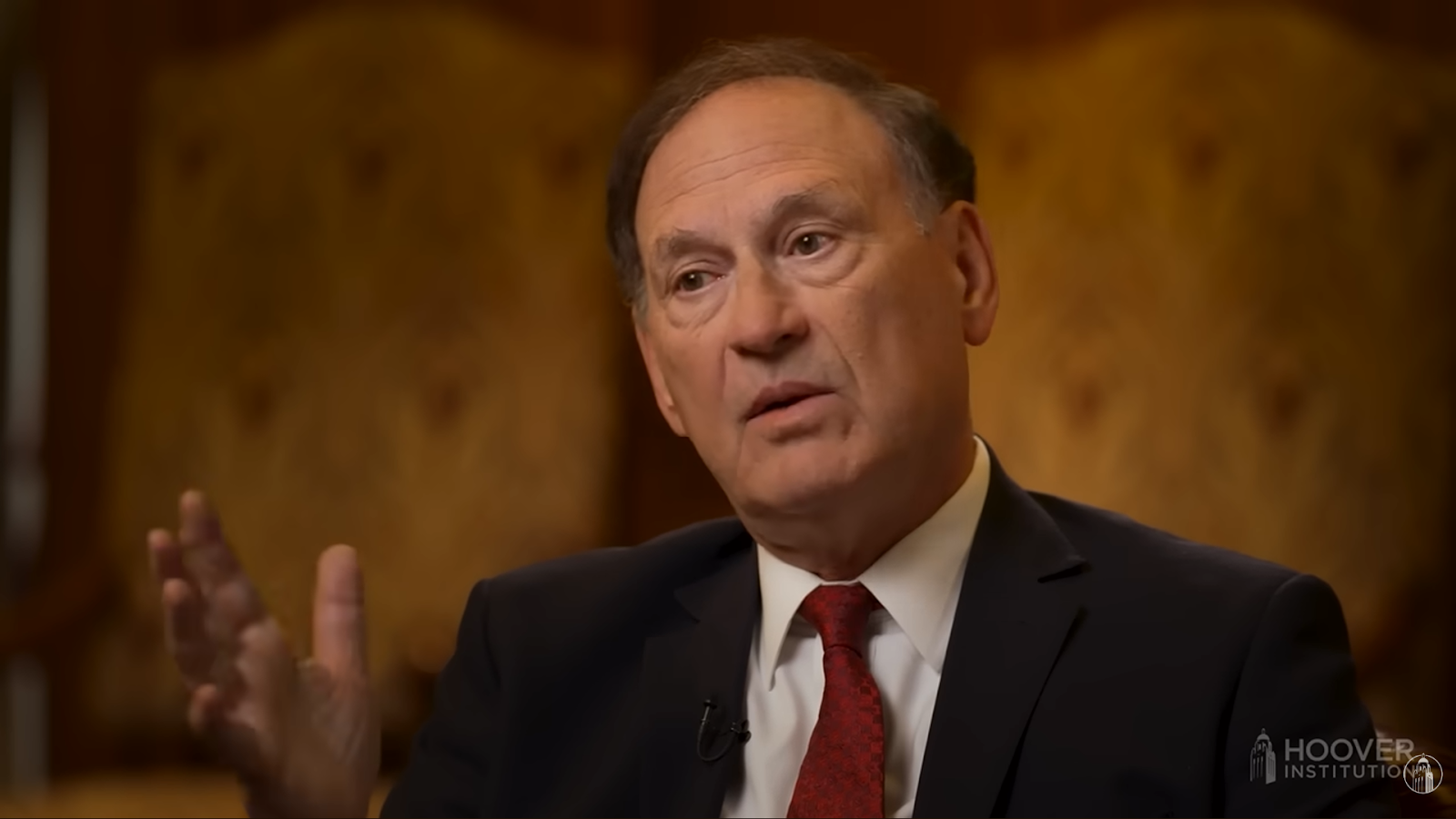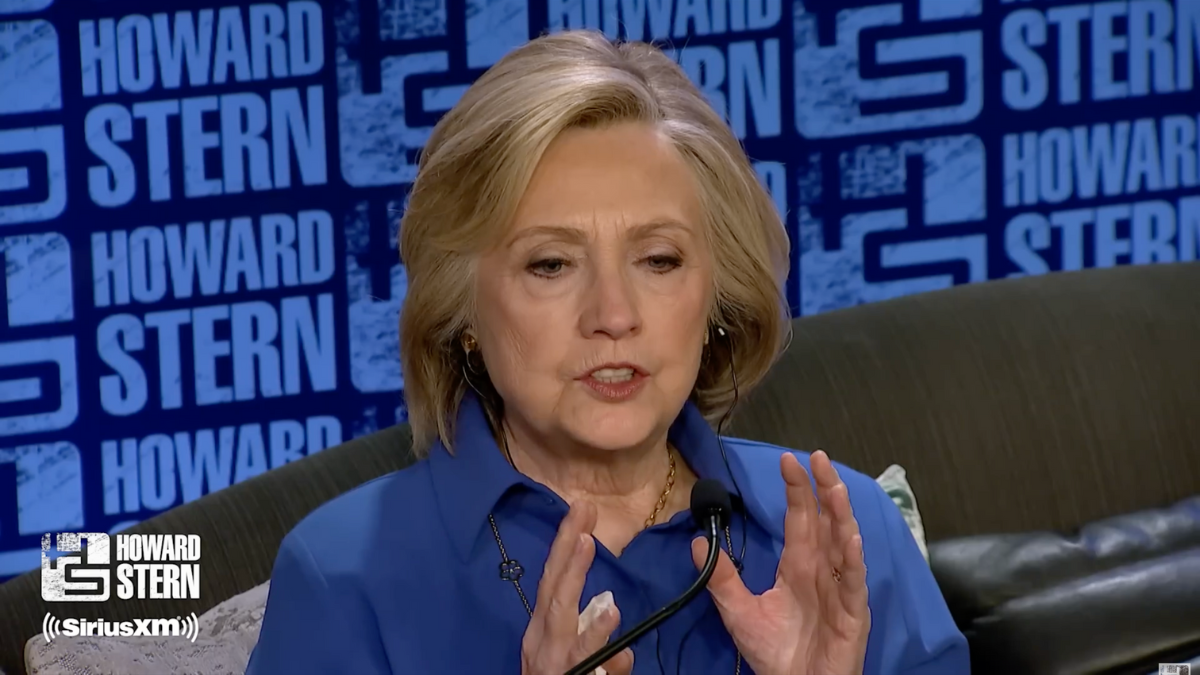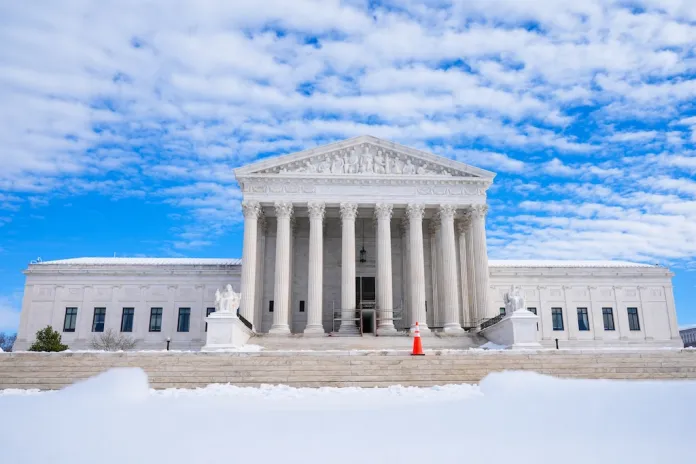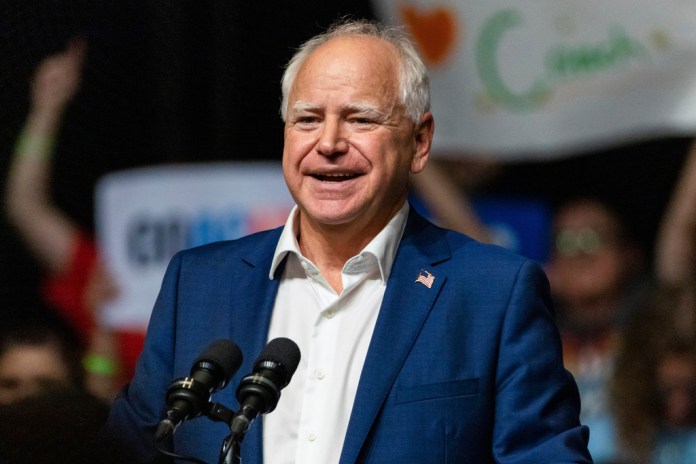Barrett says thinking about Supreme Court as ‘Left and Right’ is wrong
The article covers a recent interview with Supreme Court Justice Amy Coney Barrett in Manhattan, where she addressed misconceptions about the Court’s ideological division, emphasizing that justices are not partisan actors and should not be viewed through a Left-Right political lens. Barrett, appointed by Donald Trump, underscored that judges wear black robes to signify impartiality and said the concept of a constitutional crisis is overstated, asserting that the rule of law and functioning courts remain intact in the U.S.
During the discussion, Barrett reflected on her contentious exchange with liberal Justice Ketanji Brown Jackson over a Supreme Court emergency ruling related to Trump’s birthright citizenship policy.Barrett defended her pointed critiques as attacks on ideas,not people. She also shared insights on her 2020 confirmation process, acknowledging the personal and family challenges faced amid scrutiny, including attacks linked to her Catholic faith.
The Justice spoke about key legal principles such as stare decisis (respect for precedent), explaining that overturning precedent requires more than just being “wrong” and warning against relying too heavily on public opinion in judicial decisions. She addressed the leak of the draft Dobbs opinion, which overturned Roe v. Wade, calling it a shocking breach of trust that affected the Court’s internal environment.
Barrett discussed cases involving the death penalty, transgender rights, presidential powers, and the use of nationwide injunctions by lower courts. She stressed judicial restraint, separation of powers, and the narrow scope of certain presidential immunities. The justice also explained the Court’s use of the “shadow docket” for urgent, interim rulings.
Responding to conservative criticism that she is too moderate,Barrett remarked on her avoidance of social media and a “need-to-know” approach to outside commentary. She concluded by highlighting her profound respect for the Constitution, describing it as a unifying “political religion” in a diverse nation.
the interview sheds light on Barrett’s judicial philosophy, her views on current issues facing the Supreme Court, and her personal approach to the responsibilities of serving on the nation’s highest court.
Barrett says thinking about Supreme Court as ‘Left and Right’ is wrong
NEW YORK, NY — Justice Amy Coney Barrett pushed back on partisan portrayals of the Supreme Court during a conversation in Manhattan on Thursday, saying it’s a “mistake” to view the justices as aligned with the political Left or Right.
“Judges wear black robes because we are not partisan,” Barrett, one of three high court appointees of President Donald Trump, said. “Thinking in those categories of left and right is just the wrong way to think about the law.”
The remarks came during a live interview with journalist and Free Press founder Bari Weiss at the Lincoln Center for the Performing Arts, part of a speaking tour for Barrett’s new book, Listening to the Law, which is slated for release on Sept. 9.
Barrett, a member of the court’s 6-3 conservative majority, also said she does not believe the United States is experiencing a constitutional crisis despite critics’ concerns about Trump’s aggressive use of executive power and growing tension between the administration and the judiciary.
“I think the Constitution is alive and well,” Barrett said during the interview, adding, “I don’t think that we are currently in a constitutional crisis.”
She continued, “I think our country remains committed to the rule of law. I think we have functioning courts.”
A constitutional crisis, she said, would be marked by the collapse of the rule of law — “but that is not a place where we are.”
Barrett’s comments, one of six members of the 6-3 Republican-appointed majority on the high court, were part of a more than one-hour discussion between her and Weiss that covered a range of issues facing the nine justices, including about her liberal colleague Justice Ketanji Brown Jackson.
Barrett on fiery exchange with Jackson: ‘I attack ideas, not people’
Barrett addressed her recent high-profile clash with Jackson in the Supreme Court’s emergency ruling in a case that arose from a challenge against Trump’s curb to birthright citizenship, saying she would not apologize for her words toward the liberal justice appointed by former President Joe Biden.
In Trump v. CASA, the court’s conservative majority, led by Barrett, allowed federal judges to narrow the use of universal injunctions while saving the merits of the birthright citizenship executive order for a later date.
In a blistering solo dissent, Jackson warned the decision posed an “existential threat to the rule of law,” accusing the majority of giving the executive branch a green light to “wield the kind of unchecked, arbitrary power the Founders crafted our Constitution to eradicate.”
Barrett, in turn, called Jackson’s opinion a “startling line of attack” and said her “extreme” arguments clashed with centuries of legal precedent. “Justice Jackson decries an imperial Executive while embracing an imperial Judiciary,” Barrett wrote. “That goes for judges, too.”
Asked about the exchange on Thursday, Barrett stood by her sharp tone, saying, “I’m not going to be spicy for the sake of being spicy, but I am pointed. There’s a time and place for everything.” She added, “I attack ideas, not people,” quoting the late Justice Antonin Scalia.
A turbulent path to the bench
Barrett also reflected on her 2020 confirmation to the Supreme Court, describing the personal toll and public criticism she faced. “What I do is a great privilege … but anybody who’s paid attention to confirmation hearings in the last 25 to 30 years knows they’re not a pleasant experience.”
She said her family knew what they were getting into. “We were in our house in South Bend … pacing back and forth,” Barrett recalled. Her husband told her, “If we do it, we have to burn the boats. No second-guessing.”
Barrett said she was not surprised that her Catholic faith became a lightning rod, as it had during her 7th U.S. Circuit Court of Appeals nomination, when then-California Democratic Sen. Dianne Feinstein remarked that “the dogma lives loudly within you.”
“I knew echoes of that would surface again,” she said of her later Supreme Court confirmation. “Someone very experienced in Washington told me when my name appeared on the list: You have to be prepared for attacks on your faith, on your family, even on your adopted children.”
Dobbs, stare decisis, and public opinion
Barrett delved into the court’s 2022 ruling in Dobbs v. Jackson Women’s Health Organization, overturning nearly 50 years of precedent in Roe v. Wade.
She outlined the court’s approach to stare decisis, a term representative of high court precedent, noting that precedent can be overturned only when additional factors, like legal disruption or flawed reasoning, are present. “Being wrong isn’t enough,” Barrett said.
Barrett cautioned when asked how the court should consider public opinion, saying, “I think prudence plays a part in deciding when to overrule precedent. But it’s pretty risky to take popular opinion into account when deciding cases.”
Dobbs leak ‘shocking’ to the court
Barrett called the draft Dobbs opinion leak a “huge breach of trust” and said it rattled the court’s internal culture.
“We’re a small operation,” she said. “We call ourselves the ‘court family’ — and that encompasses all the employees. I personally worked hard not to let it make me paranoid or change how I relate to people … but it was shocking.”
Applying law despite personal beliefs
Barrett also revisited her views on the death penalty, which she has personally opposed for decades. But she said her moral beliefs did not disqualify her from ruling in a 2022 case involving a Boston Marathon bomber sentenced to death.
“My role is simply to say: Was the law followed?” she said. “Sometimes what the law requires is in conflict with a judge’s personal beliefs.”
She cited the Catholic doctrine of “cooperation with evil” to explain why she did not recuse, adding, “Reviewing that sentence for consistency with the law did not trigger a moral obligation on my part.”
Transgender litigation and suspect classifications
Barrett defended her separate opinion in the recent Skrmetti v. United States case, where the court upheld a state law banning gender-transition procedures for minors. She argued that the court was right to sidestep the question of whether transgender individuals should be treated as a “suspect class” under the 14th Amendment.
“Creating new suspect classes makes it very difficult for the political process to draw lines in sensitive areas,” she said, adding that courts have turned down other disadvantaged groups in the past, such as the poor or the mentally disabled.
On presidential power and judicial restraint
Barrett also discussed the court’s Trump v. United States ruling, where the majority held that former presidents enjoy some immunity from prosecution for official acts taken while in office.
“It’s not that the president has special privileges. … It’s about separation of powers,” she said, adding if Congress criminalized the president’s use of the pardon power, for example, that would clearly violate the Constitution.
But she emphasized that such immunity is “a narrow category” and does not shield presidents from accountability for private conduct.
The shadow docket and universal injunctions
Barrett explained the difference between the court’s regular docket and the emergency docket, sometimes referred to as the “shadow docket.” Cases like Trump v. CASA, she said, arise before lower courts have reached final rulings, forcing the justices to act swiftly on interim relief.
She defended the court’s recent skepticism toward nationwide injunctions, saying such remedies are efficient but raise thorny separation-of-powers questions. “The issue is whether a single district judge can block a federal policy nationwide,” Barrett said.
Barrett on conservative backlash: ‘I don’t have social media’
Barrett acknowledged criticism from the political right, particularly from supporters of Trump, who have accused her of being too moderate, and in some cases referred to her as a “DEI judge” due in part to Trump’s commitment to appoint a woman to replace the late Justice Ruth Bader Ginsburg.
“To be in this job, you have to not care what people say about you,” she said. “I don’t have social media. … My husband and my assistant screen things. We have a ‘need-to-know’ policy,” she said, admitting that the “DEI” comment did not make the cut of material that came to her attention.
A love for the Constitution
Toward the end of the conversation, Barrett reaffirmed her reverence for the Constitution, calling it the “political religion of our nation,” quoting President Abraham Lincoln.
“We don’t share a common religion,” she said. “But the Constitution unites us.”
" Conservative News Daily does not always share or support the views and opinions expressed here; they are just those of the writer."




